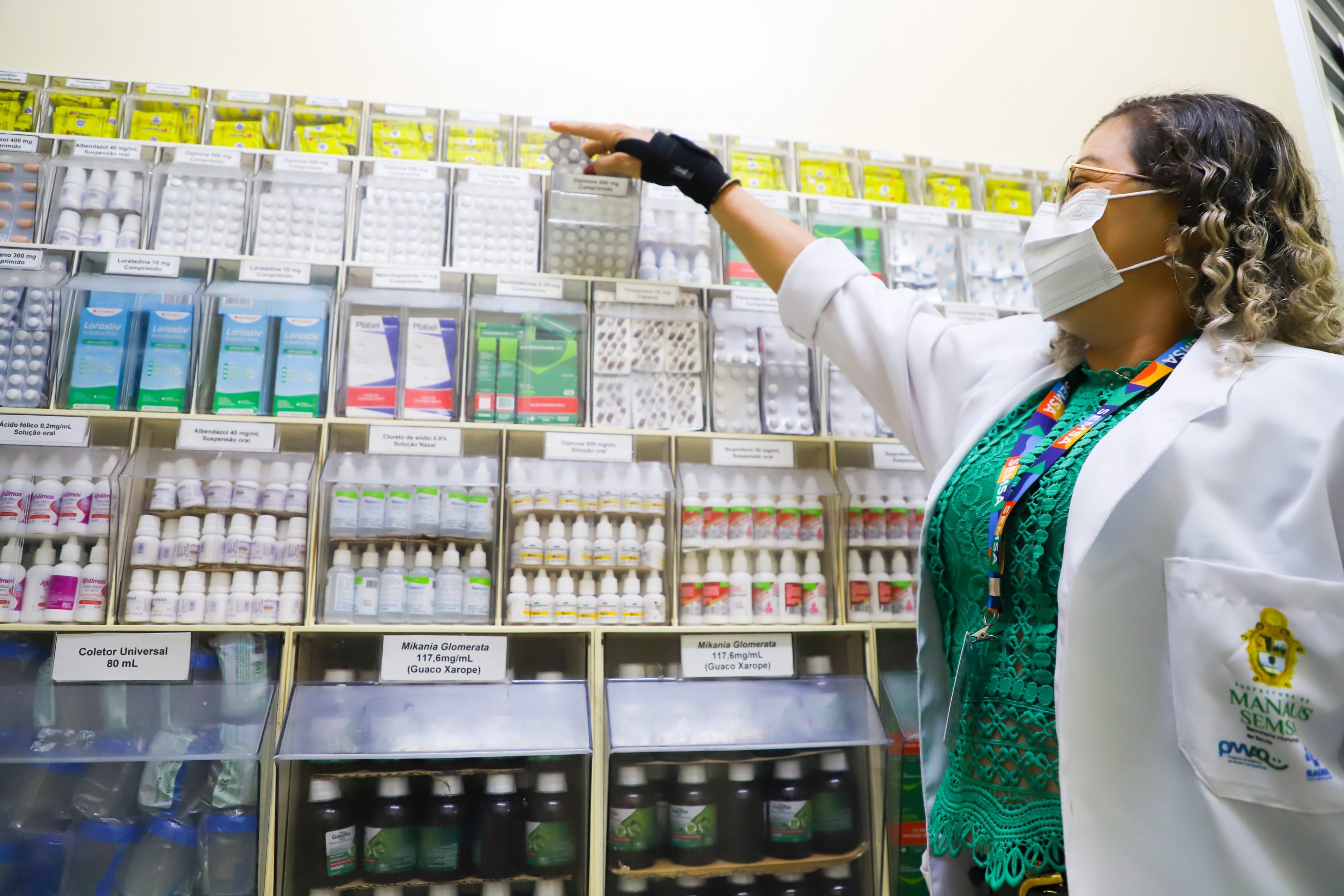Maternity Hospital Infection Control Committee (CCIH) Dr. Moura Tapajóz (MMT), from Manaus City Hall, on Wednesday 21/6 promoted the launch of the first antibiotic prophylaxis and antibiotic treatment protocol in obstetrics and gynecology. Content delivery was the responsibility of Infection Specialist and Head of CCIH/MMT, Alexandre Souza.
The infection specialist explained that antibiotic prophylaxis consists of administering antimicrobials to patients prior to surgical procedures, with no evidence of infection at the time of surgery.
“Antibiotic prophylaxis is prevention, while antibiotic treatment is the treatment of patients who already have clinical signs and symptoms of infection, with the aim of treating an infectious disease (clinical treatment) or combating an infectious agent located in a specific focus of infection (microbiological treatment), ”explained Alexander. .
According to midwife and director of MMT, Nubia Cruz, the protocol is a revision of previous guidelines, based on the latest scientific evidence, and aims to standardize all procedures performed in maternity procedures in order to reach minimum levels with regard to infection. .
The diagnosis of infection should be based on clinical, epidemiological and laboratory findings. Since then, all specialists in our unit must strictly follow the new protocol to ensure minimal levels of infection and maternal complications. Puerperal infection (postpartum) is still cited as one of the leading causes of maternal death in Brazil. This is an avoidable reality and we are working to change it,” the manager values.
Nubia Cruz also warned that puerperal infection also prolongs the hospitalization period, increases hospital expenses, discourages breastfeeding, disturbs the bond between mother and child and is related to cases of developing postpartum depression.
“A woman who has just given birth, through a caesarean section, is already in a naturally fragile position, and it must be remembered that a caesarean section is an invasive procedure. Therefore, in these cases, infectious complications can greatly disrupt the entire puerperal process,” she notes. nubia.
Alexander Souza emphasized that the protocol also seeks to standardize standards and guidelines for the rational use of antimicrobials.
Rational use aims to prevent the emergence of multi-resistant bacteria. The indiscriminate use of antibiotics in recent decades has reduced the susceptibility of bacteria to antimicrobials, especially due to inappropriate or unwise use, ”explained the infection specialist.
– – –
text – Marcella Normando / SMSA
picture – Disclosure/SMSA

“Wannabe internet buff. Future teen idol. Hardcore zombie guru. Gamer. Avid creator. Entrepreneur. Bacon ninja.”

